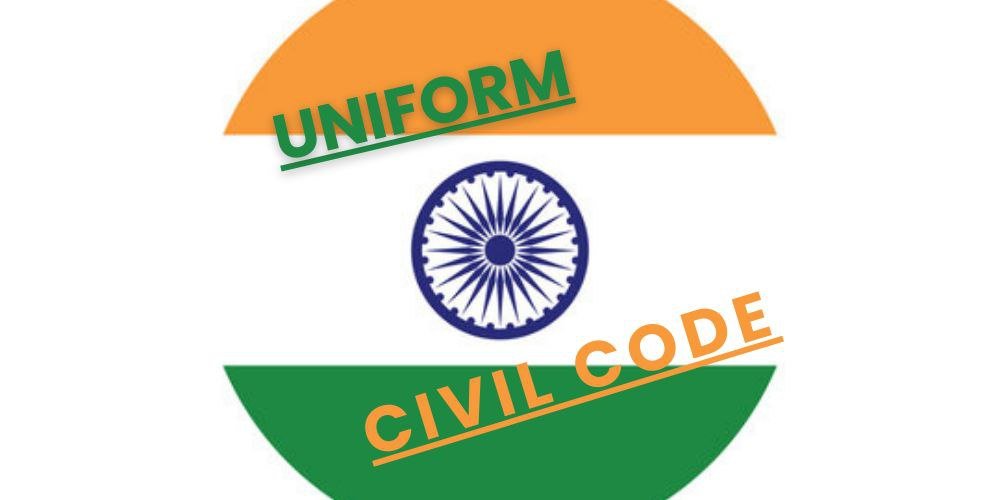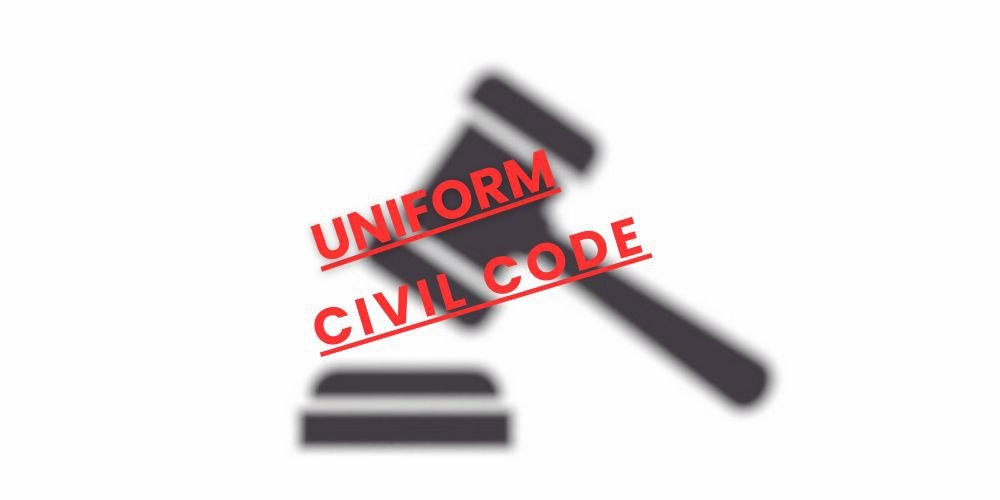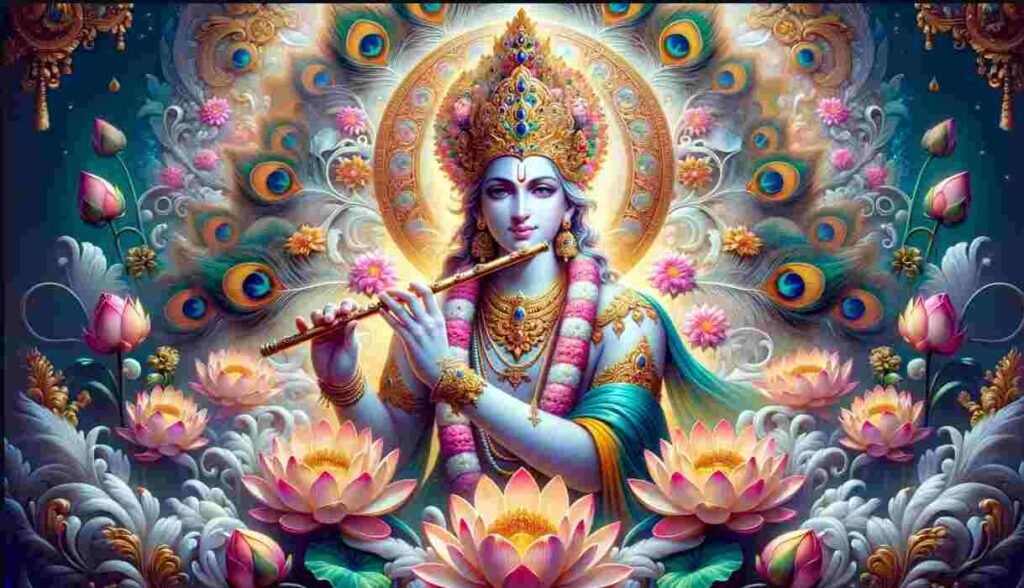India is a nation which has different cultures, faiths, and traditions. However, when it comes to legal systems, this very diversity presents particular issues. Enter the Uniform Civil Code (UCC) – a proposed set of laws aiming to unify personal matters like marriage, divorce, inheritance, and adoption for all Indian citizens, regardless of their religion or gender.

Why a UCC?
Currently, India adheres to a complex system of personal laws governed by religious scriptures and community customs. This leads to inconsistencies and disparities, often disadvantageous to women and marginalized groups. The UCC seeks to:
Promote Gender Equality: By establishing a uniform set of laws, the UCC aims to eliminate discriminatory practices… Like polygamy and unequal inheritance rights prevalent in some traditional personal laws.
Simplify Legal System: The multitude of existing personal laws makes navigating legal matters in India a complex and challenging affair. This UCC would simplify the legal system and everyone’s equal access to the courts.
National Integration: By bridging religious and cultural divides, a shared body of rules promotes a sense of cohesion and national identity. This could promote harmonious cohabitation and strengthen India’s social unity.
Challenges and Controversies:
Implementing the UCC is not without its hurdles. Some key concerns include:

Religious Resistance: Certain communities who perceive their personal laws as integral to their religious identity may resist the UCC’s imposition.
Logistical Complexity: Implementing a uniform code across a diverse nation like India requires careful consideration of regional sensitivities and practical challenges.
Political Debate: The implementation of the UCC has become even more challenging due to the strong opinions held by both parties in this contentious issue.
Unveiling the benefits & drawback of India’s Uniform Civil Code
Beyond the Article
Recall that the UCC is a complicated and dynamic subject. While this article provides a basic overview, further research and critical analysis are required to produce educated viewpoints and facilitate fruitful discussions around this significant problem.
Let’s keep an open mind, be devoted to inclusivity, and have a common goal of a fair and just future for all… Indians as we negotiate the complexities of the UCC going forward.

